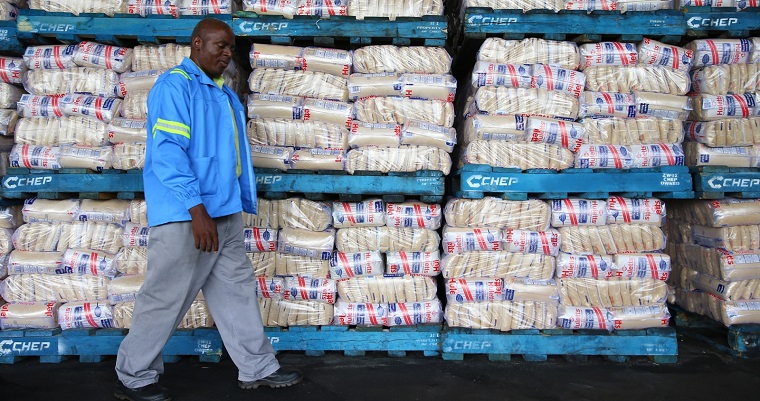The company had argued that its choices had been severely limited because its bankers insisted that it reduce its huge debt level in a short space of time. Tongaat’s problems began when it was revealed in 2019 that major accounting discrepancies had occurred. The company’s share price plummeted, which had the effect of ballooning its debt as compared to its notional value.
Since then, new management has been battling to satisfy its bankers and has reduced debt substantially by selling parts of the business. The upside of the capital-raising effort is that the company will stay intact and the debt issue will be largely under control.
Tongaat Hulett CEO Gavin Hudson said after a vote was held at an argumentative special general meeting that the company was “very happy” with the outcome.
“This is a key step in securing the future of Tongaat and provides us with the mandate to further engage with shareholders to raise fresh capital to reduce our unsustainable debt levels.
“We look forward to contributing to a market capitalisation consistent with the company’s value as a leading regional agriculture business, helping to protect the jobs of our 29 000 employees across SADC, and ensuring that Tongaat can continue to be a major socioeconomic contributor to the region.”
Financial analyst David Woollam, the whistle-blower who first brought the accounting scandal into the open, said he was “disappointed” by the vote.
“It’s disappointing for corporate governance in SA and there were a number of important questions asked that were glossed over or not answered by the board.”
Included in these was the question of how Magister, by all accounts a small company with some modest agribusiness holdings, had acquired sufficient capital to underwrite the bid.
“We are yet to receive an answer and to understand the source of its income,” Woollam said.
It is well known that Gold Leaf Tobacco made a fortune from selling cigarettes in SA, particularly during the Covid-19 lockdown period when formal cigarette sales were banned.
But Magister claims it has no direct connection with Gold Leaf and that the cigarette company is not partially or wholly financing the deal. However, neither Magister nor the Tongaat board has been transparent about where its capital does come from.
SA business tends to believe that corporate governance delinquency is a matter of specific instances that do not significantly affect business in general.
“But this is not true,” said Woollam. A reputation for poor corporate governance affects the cost of capital and consequently investment requires a higher risk premium.
“We are scoring consequential own goals,” Woollam said.- Business Maverick
(261 VIEWS)


